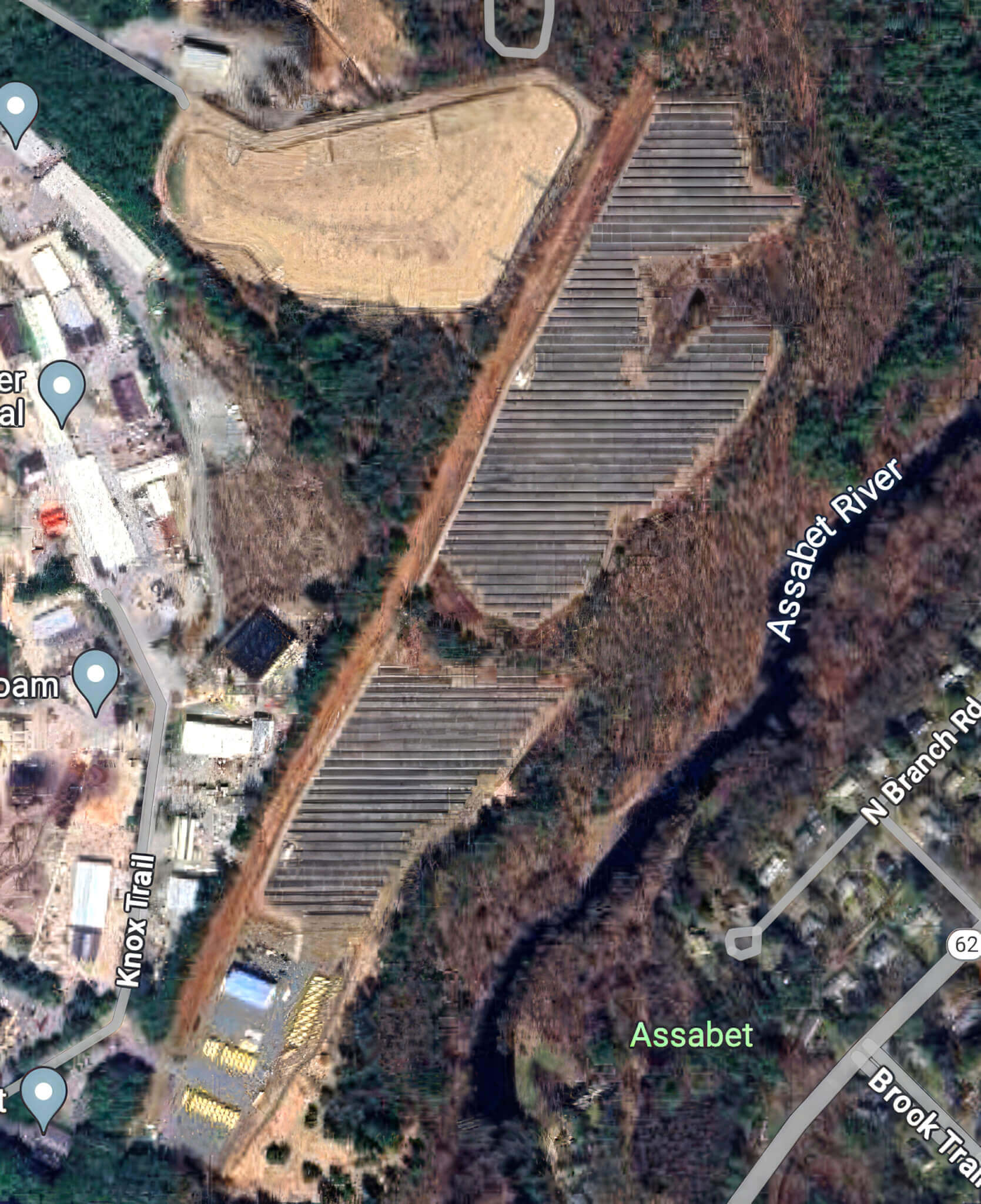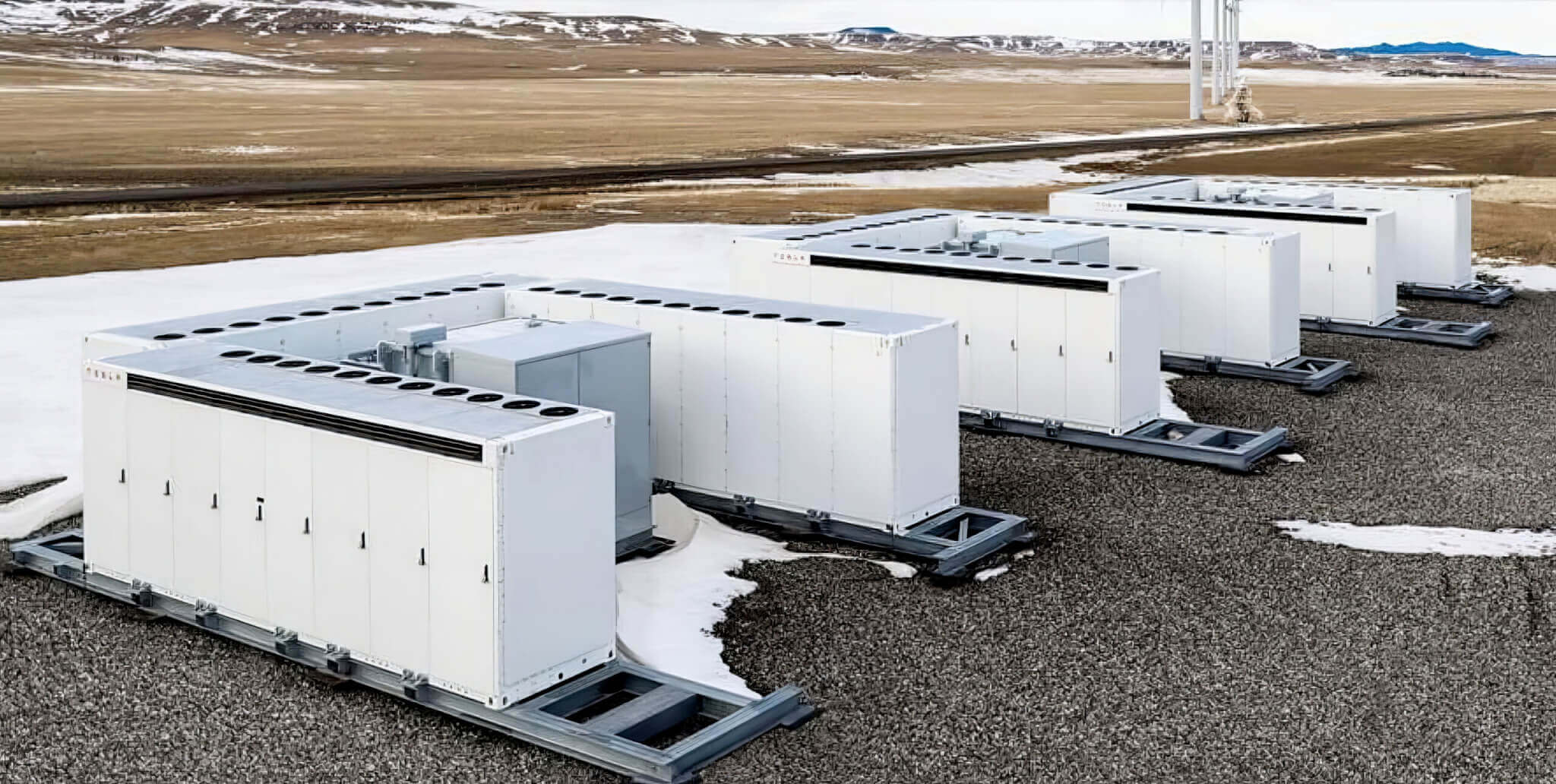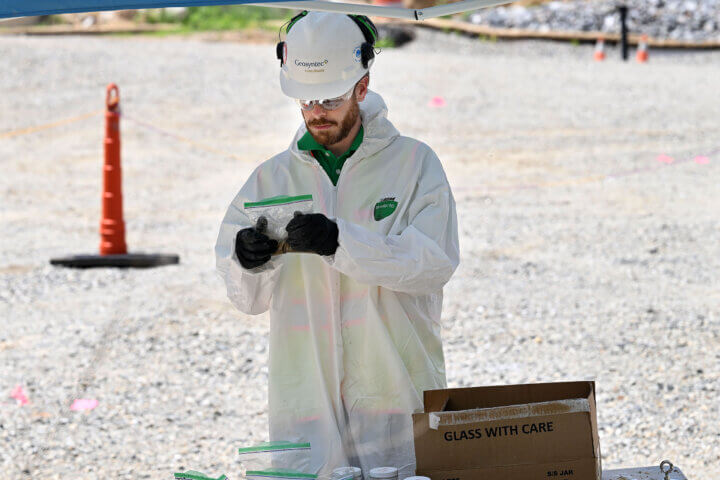By Betsy Levinson — Betsy@theconcordbridge.org
In the aftermath of the special Town Meeting vote to authorize up to $10.4 million for a five-megawatt solar storage battery, The Concord Bridge caught up with Brian Foulds, a member of the Concord Municipal Light Plant Board, who said the CMLP board “generated a concept as a real-world solution to a problem.”
The problem, he said, was a need for more storage capability made more urgent by the imminent closure of MCI-Concord, leaving the town with no way to store the energy once generated by the prison complex.
He said Town Meeting voters provided “stakeholder buy-in” with the bonding authorization. The ratepayers, not the taxpayers, back the debt issued. There will be a rate increase in the first year or two of the loan repayment; then rates are expected to go steadily down.
“This is where we are today,” he said. “The closure of the prison means we will lose electricity demand, and this margin of error will shrink, increasing the risk of damage to our substation.”
Now, light plant engineers will “make a detailed [request for proposals] about the project,” Foulds said.
“CMLP will put this RFP out to bid and notify potential third-party installers. In this case, we will look at Power Purchase Agreements where a third party puts up the capital so we don’t borrow, as well as ownership models where we purchase the batteries.”
He continued, “The ownership model is expected to be better but we don’t want to exclude private capital if it saves ratepayers more money.”

The lights stay on
As for benefits to residents, Foulds said, “The lights stay on and we don’t come to Town Meeting with a substation repair bill of millions of dollars.”
Foulds said homeowners or businesses thinking of installing rooftop solar panels won’t have to wait for the battery because of the size of their project.
“It will not affect homeowners or solar installations of 50 kilowatts or smaller,” said Foulds. “They have never been restricted and are highly encouraged.”
But for larger arrays, the new battery will be a boon.
“Solar arrays larger than 50 kilowatt hours are required to install energy storage, which can be a disincentive as the cost is much higher,” said Foulds. “When the new large batteries are in place, we can ease this requirement. This would be very helpful to local businesses.”
Concord can expect three to five units about the size of shipping containers.
The battery will be installed at the WR Grace solar array on Knox Trail, “away from just about everything,” he said.
Residents have raised the specter of a fire in the battery, but Foulds said not to worry.
“They are safe,” he said.
“The units have fire suppression systems built in, and we will make sure the Fire Department has a response plan. Batteries are safer than many other forms of energy, but they are new. Sadly, the media covers every EV battery fire that happens, yet gasoline and diesel fires happen daily.”






